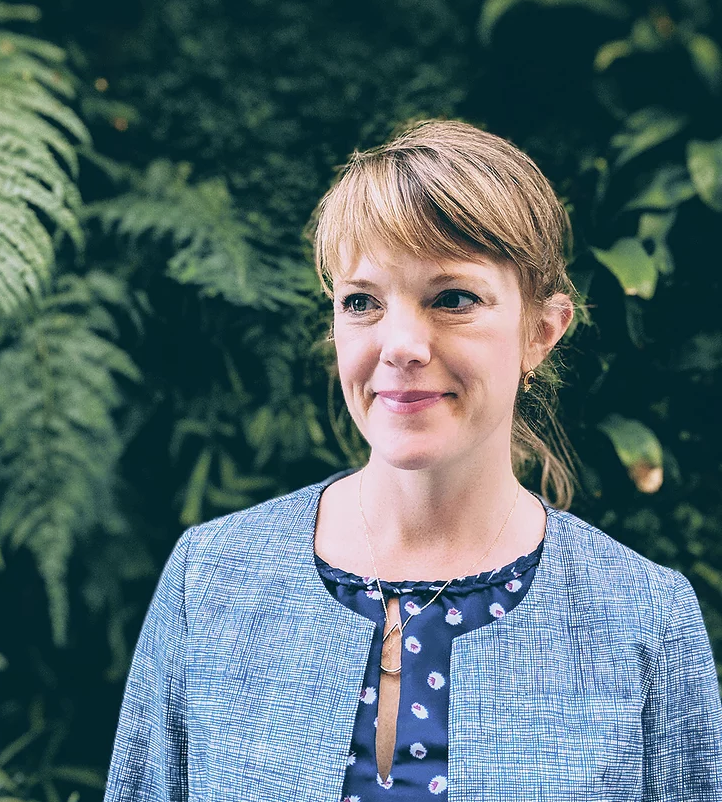
Once you bring home your sweet little bundle and figure out how to manage your day to day life with a newborn, it may dawn on you that you’re fully-responsible for providing financial security for your child.
Most people don’t consider life insurance until they need it, and one of the biggest wakeup calls is parenthood. But where do you start, and how do you know how much you need?
The insurance industry is one of the most aggressive marketing engines in the US and if you feel wary of what you’ve heard, you’re right to be skeptical—life insurance is generally yawn-inducing, inside baseball speak that’s designed to overwhelm you until your eyes glaze over and you simply write a check.
My aim is to distill the basics so you can move ahead with clarity:
1. I have life insurance through work, so I don’t need it.
Nope, if you happen to have life insurance provided by your employer chances are it’s not enough coverage (usually $50,000 Basic Life or 2x annual salary). If you leave your employer (and most of us change jobs a few times in our career), this policy will terminate.
2. Then I’ll just buy it later if I need it.
Maybe….but prepare to pay more. If you wait to buy life insurance on your own when you’re in your 50’s or 60’s it will cost more—a lot more. There’s also the risk of an interruption in coverage compounded by a medical diagnosis that could make you uninsurable.
The best way to protect against this is to buy a policy above and beyond any work-related policy that will stay with you regardless of where you work or what medical conditions may arise.
3. Ok, fine. I’ll buy it now, but how much?
As a general rule, you need 10x your annual income in coverage. So if you earn $100,000 per year, you need a $1M policy. Why that much?
Think through this scenario: you die while your children and partner are still dependent on your income to cover their cost of living. Without adequate life insurance, they may have to move to a less expensive home, hire a caregiver to help with childcare so your partner can continue to work, and dramatically change their spending so they can make ends meet on one salary. Not to mention the stress and added grief of making significant changes after the sudden loss of a loved one.
With a policy that covers the amount you would make in 10 years, your partner can keep the house or pay off the mortgage. He can hire a caregiver and maintain their quality of life. He may be able to take time off work to spend time with the family during a period of grieving. The children could continue on their track, including college if that’s something that’s in the cards.
4. Phew—that was heavy, but I’m convinced. What kind of insurance should I get?
There are several different types of policies and only one word you need to know: TERM. Term Life Insurance. Only buy Term Life Insurance.
Term means you pay the annual premium for a pre-set term, as long as your family is dependent on your income, i.e. 20 or 30 years.
If you never use the policy, after the end of the term, it expires. The money is gone. There’s no cash value or refund.
That may seem wasteful to you, but it’s not. I’ll tell you why—policies that “invest” or provide a cash value or an annuity income at a later date actually charge a ridiculous amount of fees. The contracts hog-tie you to non-negotiable investment options that have higher expense ratios and impose hefty surrender charges.
You’re much better off buying a less expensive Term Life Policy and saving the difference in a low-cost brokerage account invested in an index fund for 30 years where you’ll triple your money on average.
So there you have it—the basics of life insurance. It may seem like a chore, but you will rest easy knowing your family is protected and your children will thank you.
[hr]
 Sarah Behr
Sarah Behr
Sarah Behr doesn’t sell insurance.
She’s an SF-based Financial Planner (and mom). She has her own private practice, Simplify Financial, which she started a few years ago after several years directing investments and personal finances for private clients at UBS and Credit Suisse.
She devotes a portion of her time and profits to pro bono work with City Hope and the SF County Jail. She has a commitment to community engagement and social justice.
Most importantly, she’s a Registered Investment Advisor and a member of the Financial Planners Association. She upholds a Fiduciary Standard and Code of Ethics, which means that your interests are placed ahead of her own. She doesn’t sell financial products for commission nor does she benefit from your investment portfolio in any way.














